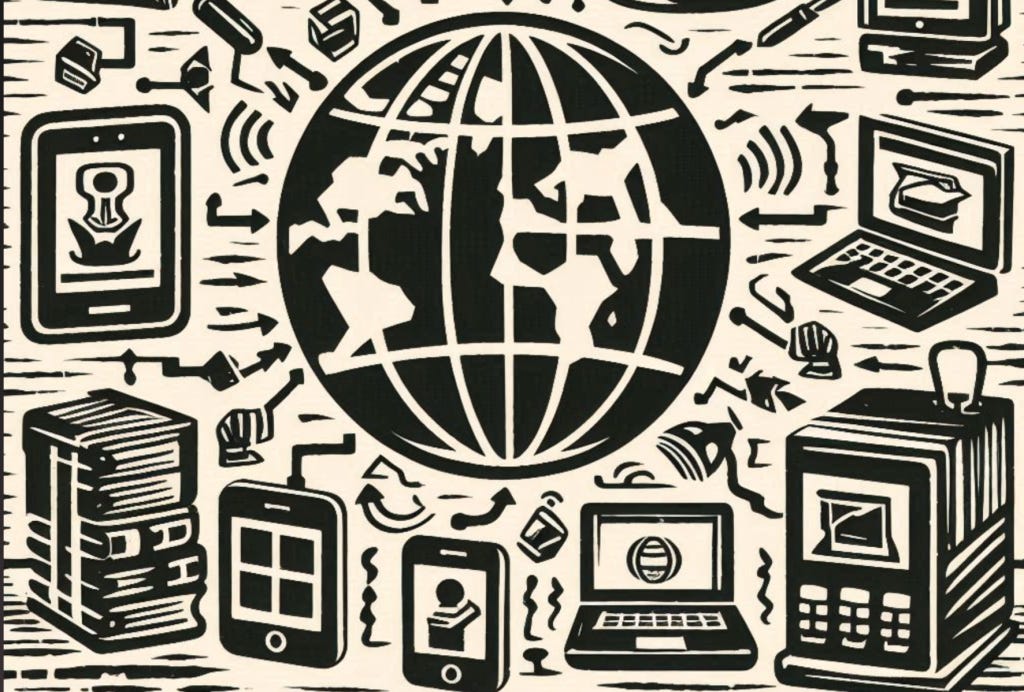A forgotten piece I wrote this summer about Artificial Intelligence surfaced today as part of a forum on the role of AI in education in today’s edition of Current. My point, beyond the now-obvious one that it has fully arrived as a force to be reckoned with, is that AI may actually raise, not lower, the bar for academic achievement. Just as the advent of mass-produced textiles in the Industrial Revolution gave new prominence to custom clothing, or Big Agriculture drove a foodie revolution, it may turn out that the ability to generate homemade, as opposed to store-bought (as it were) prose will define what makes the best-educated students.
Another aspect of this, as I mentioned the other day to my friend and colleague Tim Donahue—who has a forthcoming piece on AI in this weekend’s New York Times—is that AI may amount to a form of epistemological Darwinism. It will in effect drive a change in the academic environment where skills like thinking on one’s feet and knowing what to ask—because you’ve actually mastered information—may be more adaptive than the kind of reflective, revised prose that has long been regarded as the gold standard of intellectual achievement in the Humanities. The definition of intellectual fitness needed for surviving (or, more hopefully, thriving) is changing, and it will result in new kinds of people valuing different kinds of things.
But this is all a matter of guesswork. The only thing I know for sure is that I’m in the middle of the largest structural change in my job since I started doing it professionally 34 years ago. I’m glad to have a challenge to prod me into maintaining relevance. The day of assigning traditional essays is over.



